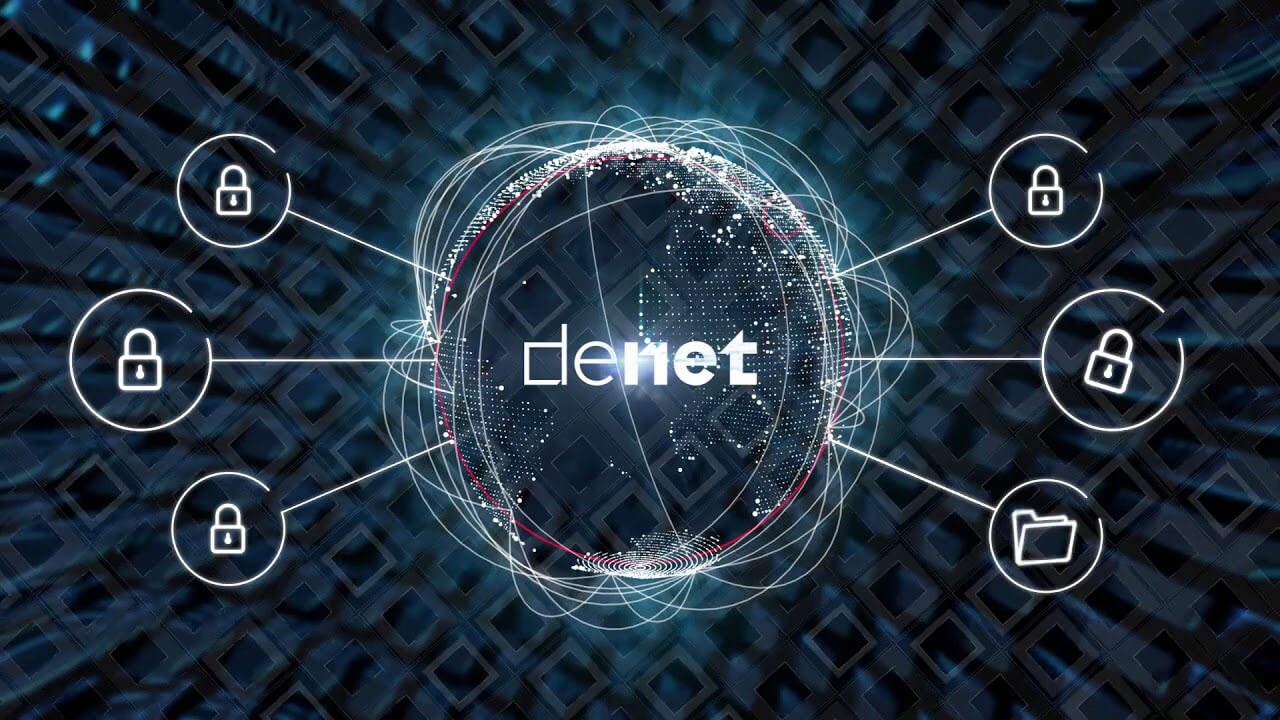

Decentralised storage platform DeNet recently closed its pre-seed round, which saw a million dollars being raised.
The raise was completed with haste – a deliberate move, says DeNet’s CEO – so as not to distract the development team from the task in hand, and ensure the project stayed tight to its roadmap.
The main participants of the round were, among others, consulting and investment company Spartan Group, Singapore-based investment firm NGC Ventures, Axia8 Ventures from Shanghai, Taiwan techno-venture specialists Red Building Capital, and well-known crypto-angel ‘Mr Block’.
Rafik Signatullin, CEO and co-founder of DeNet, explained that a decentralised storage platform from DeNet allows people to store files, apps and NFTs safely and inexpensively in a network of devices around the world in encrypted form.
In decentralised storage, user data is stored on global computers, and several backups of all network data are constantly online, therefore the files will be available as long as the internet is available.
Signatullin revealed to Coin Rivet that he thinks centralised storage is overpriced, since the provider of services is usually a monopolist and takes a large commission.
In the DeNet ecosystem, he stressed, the price of data storage is regulated on an open market basis without the participation of intermediaries and additional commissions.
“DeNet is not just online file storage,” he said.
“We are building a whole ecosystem for storing and managing the data, which in the near future is likely to become a key player in the formation of a safe and convenient decentralised Internet.”
He added the company targets users who want the convenience of Google Drive and data security of ProtonMail and DuckDuckGo with the lowest price tag in the market.
“All files that enter the system are split into one-megabyte fragments, encrypted and signed using the ECDSA algorithm, and distributed to devices from all over the world,” he added.
“The owners of such devices cannot access the stored files, and it is impossible to determine where fragments of entire files are stored. Every time users download their files from this network, a decryption process takes place.
“It is worth noting that only file owners have encryption keys, which makes this data storing method the most secure in the market right now.”
Signatullin also added the company was currently focused on improving its tools for working with non-fungible tokens (NFTs) – their storage, management, and exposure.
“We see a market demand, which still does not have a service for convenient and secure storage of this type of digital assets in a decentralised network,” he explained.
“In the near future, we will offer a wide audience the ability to store third-party applications in our ecosystem. We are going to launch our app market, which will not rob developers with a 30% commission like our corporate competitors. We are doing our best to get our API up and running as soon as possible.”
He also mentioned the recent fall of Facebook servers and said he was aware of how this kind of incident could paralyse the work of many services that millions of people use every day.
“However, the main danger is that centralised services are completely devoid of anonymity, and the availability of your files depends on the will of the corporations providing the service,” he said.
“It’s obvious to us that users’ data belong to users, not to the Big Tech.”
Denver, Colorado, 24th February 2025, Chainwire
Denver, Colorado, 20th February 2025, Chainwire
Washington, D.C., 18th February 2025, Chainwire
Dubai, UAE, 27th January 2025, Chainwire
Those who enter the market at this time may be surprised to hear that Bitcoin…
George Town, Grand Cayman, 22nd November 2024, Chainwire